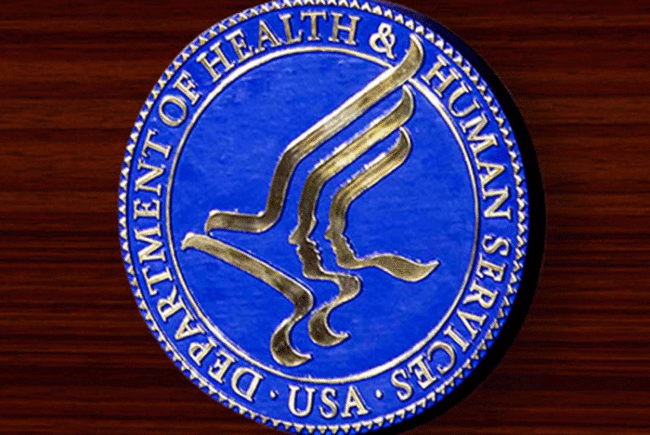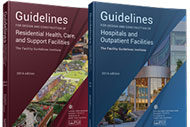CMS plans for end of public health emergency
The Centers for Medicare & Medicaid Services (CMS) is urging hospitals and health care facilities to begin preparing for the end of the COVID-19 public health emergency (PHE). In the same announcement, CMS also made clear that the Department of Health and Human Services (HHS) does plan to renew the PHE at least once more this fall. “To minimize any disruptions, including potential coverage losses, following the end of the PHE, HHS Secretary Becerra has committed to giving states and the health care community writ large 60 days’ notice before ending the PHE,” CMS states. CMS recently updated its list of COVID-19 blanket waivers and also provided 10 fundamental actions to guide states through the eventual PHE wind down.
Committee makes progress on ASHRAE standard
The Committee for ASHRAE Standard 514, Risk Management for Building Water Systems: Physical, Chemical and Microbial Hazards, met in August to review more than 350 public comments made to the new building water management standard. The approximately 80-member committee broke into several working groups to discuss the various proposed comments that extended from recommended editorial changes to extensive rewrites of sections of the proposed draft standard language. The working groups will spend the next few weeks drafting proposed recommendations on which the committee will vote. A second Independent Substantive Change Public Review will be issued later this fall.
The Joint Commission releases Sentinel Event data
New sentinel event data has been released by The Joint Commission (TJC) to help accredited organizations mitigate and prevent future harm to care recipients. The Joint Commission reviewed 832 sentinel events this year, from Jan. 1 to June 30, with the majority of these — 90% (752) — being voluntarily self-reported by an accredited or certified organization. The remaining 80 sentinel events were reported either by patients (or their families) or employees (current or former) of the organization. The top 10 most frequently reported sentinel events through the first half of 2022 were: falls, 199; unintended retention of a foreign object, 30; suicide, 26; delay in treatment, 25; wrong surgery, 19; assault/rape/sexual assault, 16; medication management, 12; self-harm, 11; fire, 10; and clinical alarm response, seven.
FDA alerts providers to breathing device mask recall
Philips Respironics has recalled more than 17 million masks used with bilevel positive airway pressure (BPAP) and continuous positive airway pressure (CPAP) machines because the masks contain magnets that could cause serious injury to people with implanted metallic medical devices or other objects, the Food and Drug Administration (FDA) announced. Philips has reported 14 serious injuries related to using the masks, including pacemaker failure, arrhythmia, seizures and irregular blood pressure. BPAP and CPAP machines are used by people with obstructive sleep apnea, respiratory insufficiency or respiratory failure — conditions that cause breathing pauses during sleep. The FDA encourages providers and at-risk patients to review this safety information.




